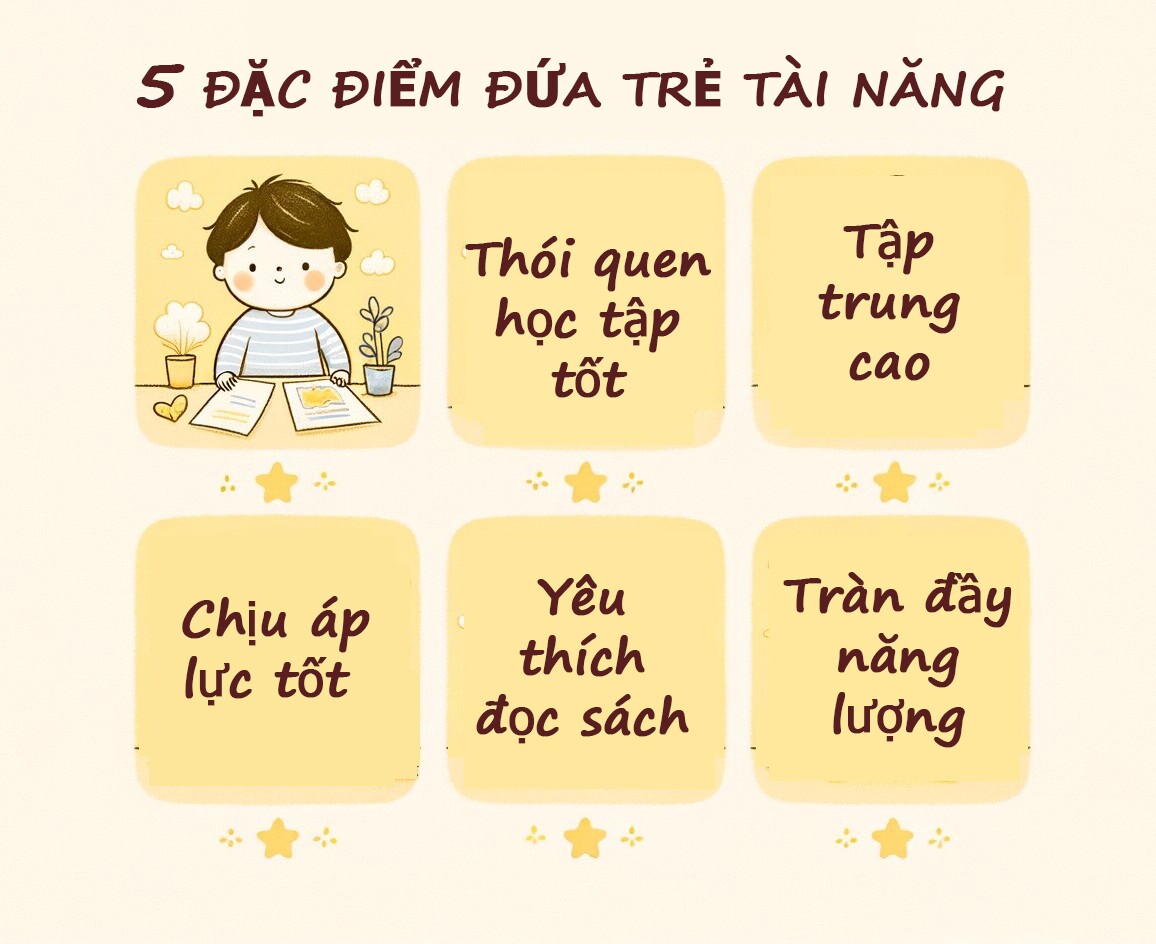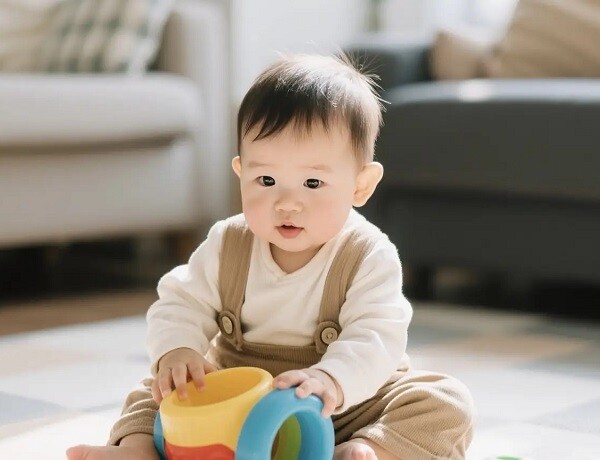Allowing children to express themselves fosters creativity and independence, forming a solid foundation for success in life. As children develop their unique talents and interests, parents can more easily identify and effectively support them.
A child’s presence brings joy and happiness, a sense of blessing and good fortune, warming and uniting the family.


Good Study Habits
Children with good study habits tend to be more self-disciplined and organized in their learning. They take the initiative to start their homework without parental reminders, demonstrating responsibility for their education.
These children know how to create a to-do list for their homework and revision. For example, they may spend 15 minutes each day after school planning their tasks, including reading Vietnamese texts, learning math formulas, and revising English vocabulary. This systematic approach helps them easily track their progress and make adjustments when needed.

Such self-initiative helps children maintain a stable learning state and develop good habits that will benefit them throughout their lives.
By creating their own schedules and managing their time, children learn to take ownership of their learning and develop their critical thinking skills. The sense of accomplishment boosts their self-esteem and motivates them to continue striving for academic excellence.

High Concentration
Concentration is a key factor in a child’s academic success. Children with high concentration levels can maintain focus for extended periods, unaffected by their surroundings, leading to more effective learning.
Their ability to comprehend and master knowledge is enhanced, increasing their likelihood of achieving excellent academic results. These children often exhibit exceptional perseverance, a crucial trait for aspiring straight-A students.

Strong Stress Resilience
Children with strong stress resilience maintain a positive attitude in the face of setbacks and obstacles. They don’t get discouraged by unexpected outcomes but instead, bravely embrace challenges.
Such children possess a sturdy psychological foundation and excellent adaptive capabilities. This resilience enables them to maintain consistent academic performance in highly competitive learning environments, where pressure and expectations can sometimes overwhelm their peers.
These experiences prepare them for bigger challenges in life, from exams to significant future decisions. Moreover, they learn the value of hard work and that success often comes with time and perseverance, rather than instant gratification.

Children with strong stress resilience maintain a positive outlook.

Love for Reading and Broad Knowledge
Reading is the key to unlocking knowledge, and for children, it is an enjoyable pastime that fosters effective learning habits. Children who love to read tend to excel in Vietnamese language subjects, displaying rich vocabularies and superior expression and critical thinking skills.
Through reading, children accumulate a wealth of knowledge, broadening their horizons and enhancing their understanding of the world, from culture and history to science and art.
Additionally, reading nurtures their imagination and creativity. The magical stories and vivid images in books stimulate their ability to visualize and generate new ideas.
Furthermore, reading naturally develops their language skills. Exposure to diverse literary genres helps them develop their unique writing style and enhances their communication abilities.

Good Health and Abundant Energy
A healthy body lays the foundation for a child’s academic progress. Children with robust health and abundant energy can better tackle demanding academic tasks.
Good physical and mental health ensures continuity and stability in their learning journey. Moreover, physical exercise cultivates willpower and a collaborative spirit.

A healthy body is vital for a child’s academic advancement.
If parents observe these traits in their children, they can expect excellent academic performance and future success. Of course, every child is unique, and their development paths differ.
Therefore, parents should provide guidance and support tailored to their child’s needs, creating a joyful learning environment and fostering holistic development.
Ultimately, high scores are not the sole objective. Nurturing a child’s abilities and ensuring their comprehensive development takes precedence. Let’s work together to brighten our children’s future.






























